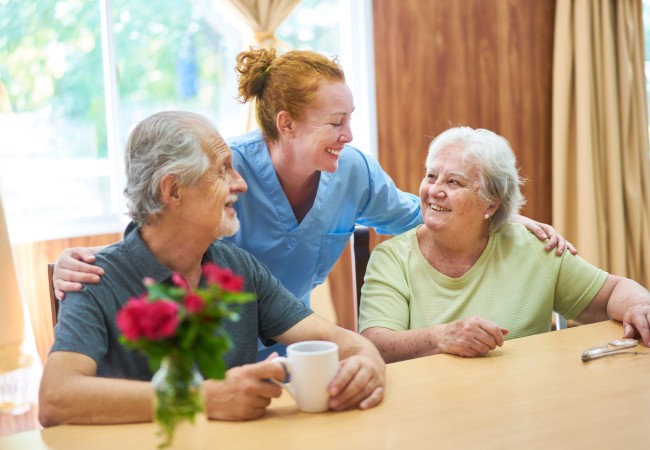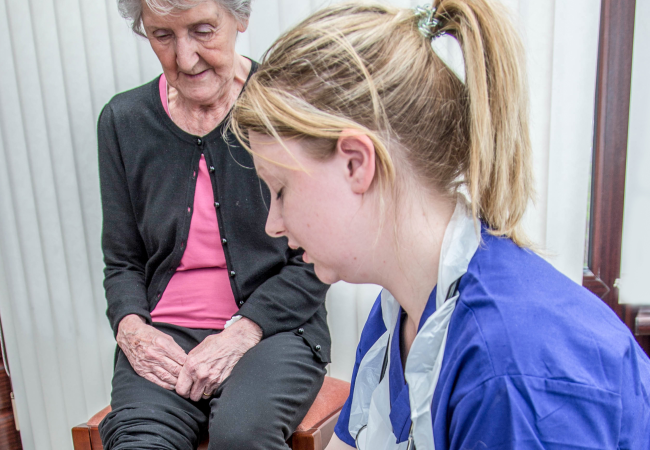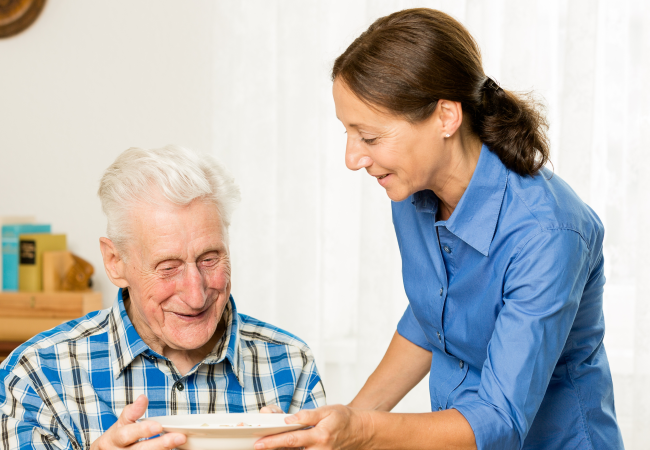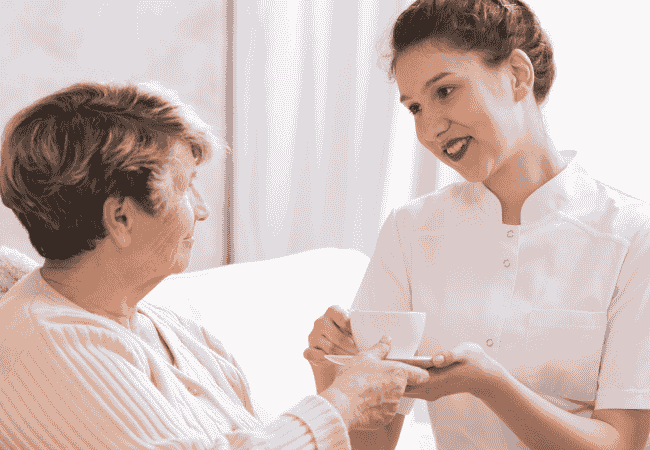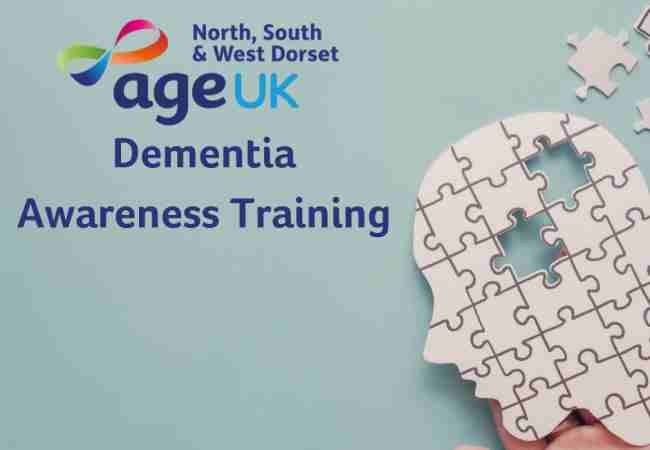
Age UK Dementia Awareness Training
Are you looking to enhance your understanding and support for individuals living with dementia? AGE UK is introducing a brand-new Dementia Awareness Training programme.
Read more
Community engagement for older people
Promoting social connections for older people As we get older and perhaps retire or choose to not socialise as much, our social connections and community engagement often decline. This can lead to feelings of loneliness, isolation, and disconnection. However, community engagement is crucial for older people's physical and mental well-being.
Read more
Funding and planning for home care
Funding and planning for home care As we get older, our daily and long-term needs and our ability to meet those needs by ourselves changes. There's always the option of residential care; but the majority of people would prefer to remain at home and receive home care and home help. Funding and planning for these services can be a complex and daunting task. In this blog, we look at the options available and provide guidance on how to plan for home care.
Read more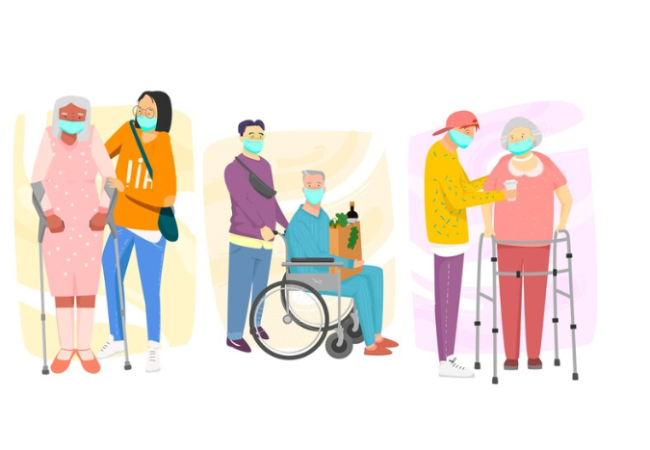
Safe care at home
Safe care at home: your safety and wellbeing at home As we get older, our needs and abilities change. For many elderly seniors, remaining in the comfort of their own homes is a top priority. However, ensuring safety and well-being can become a concern. That's where Neways at Home comes in - a trusted caregiving company dedicated to providing exceptional care and support.
Read more
